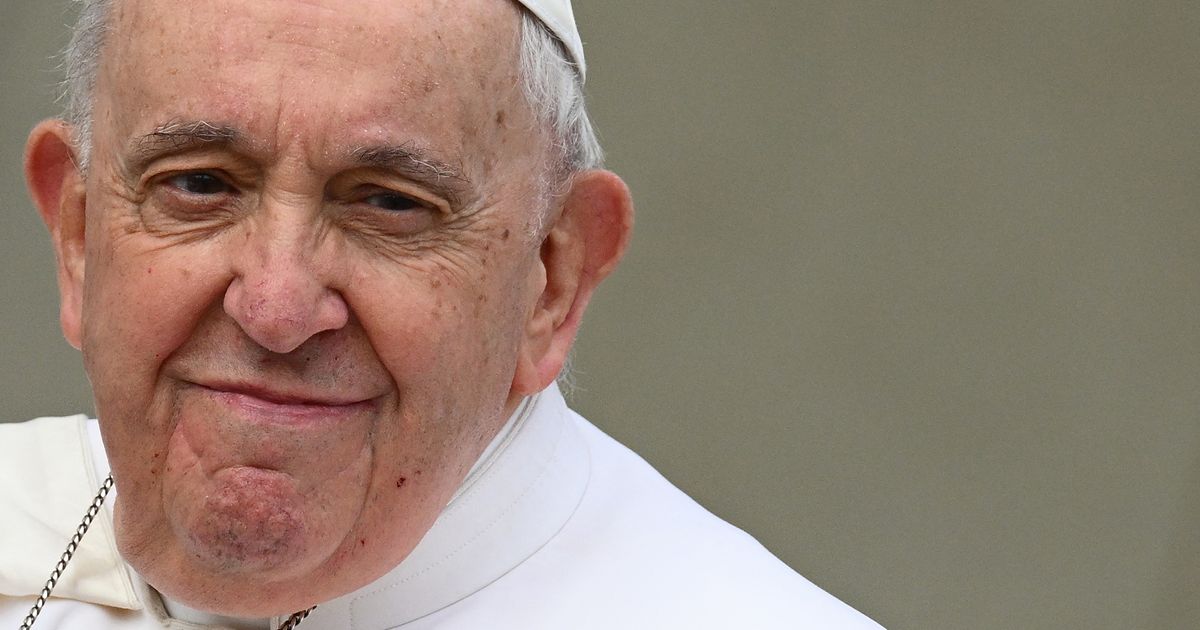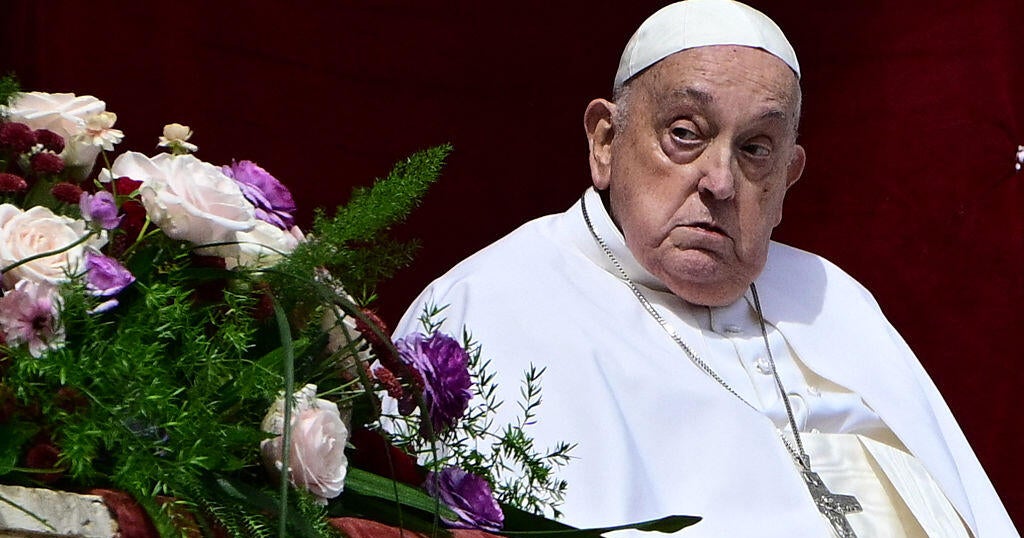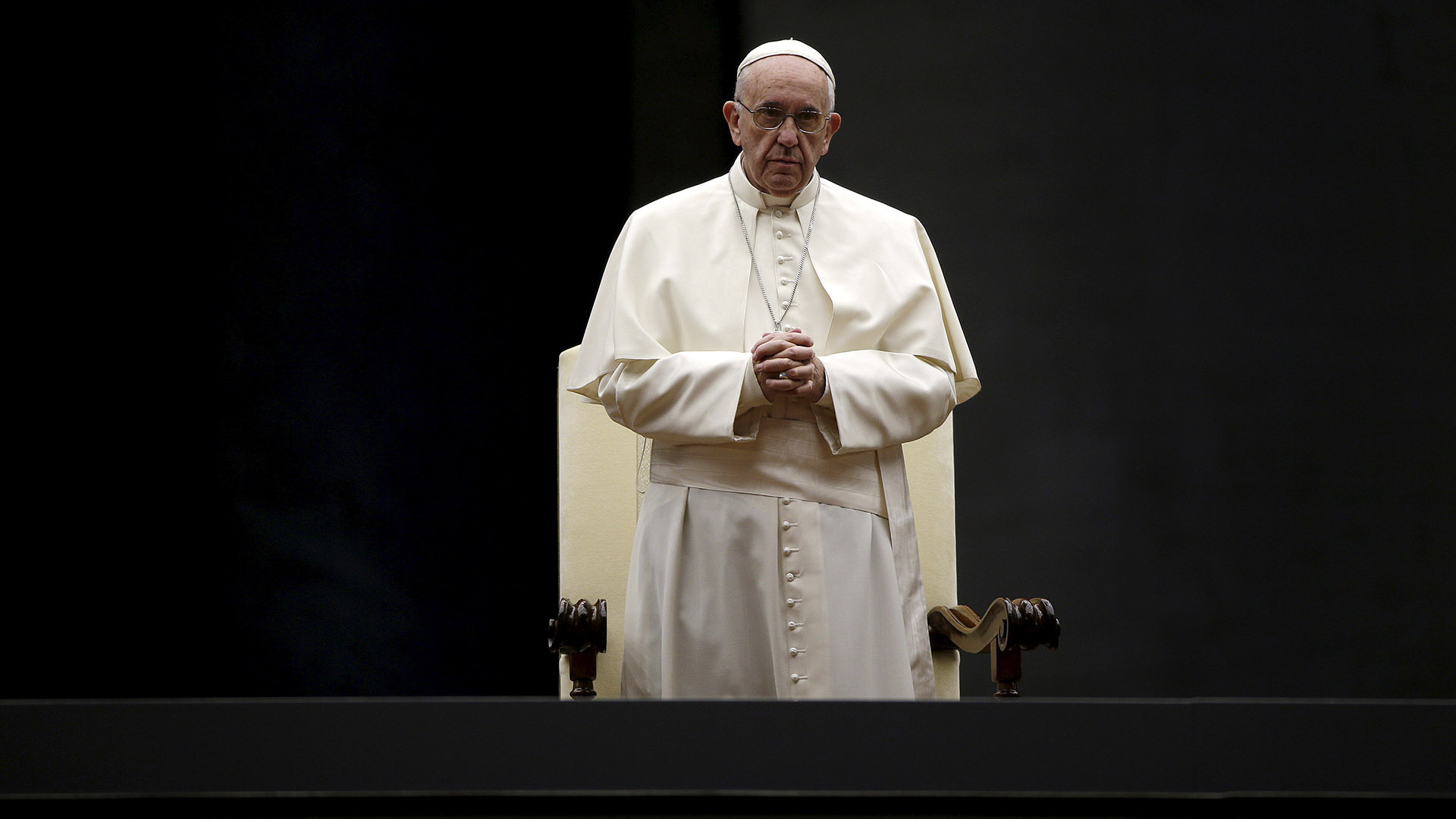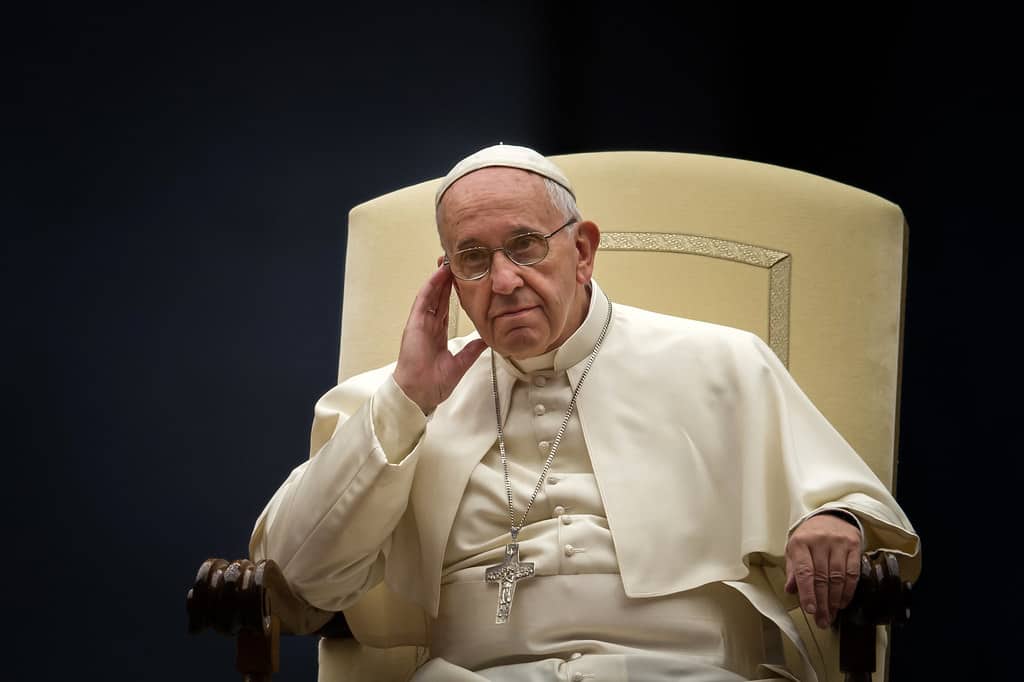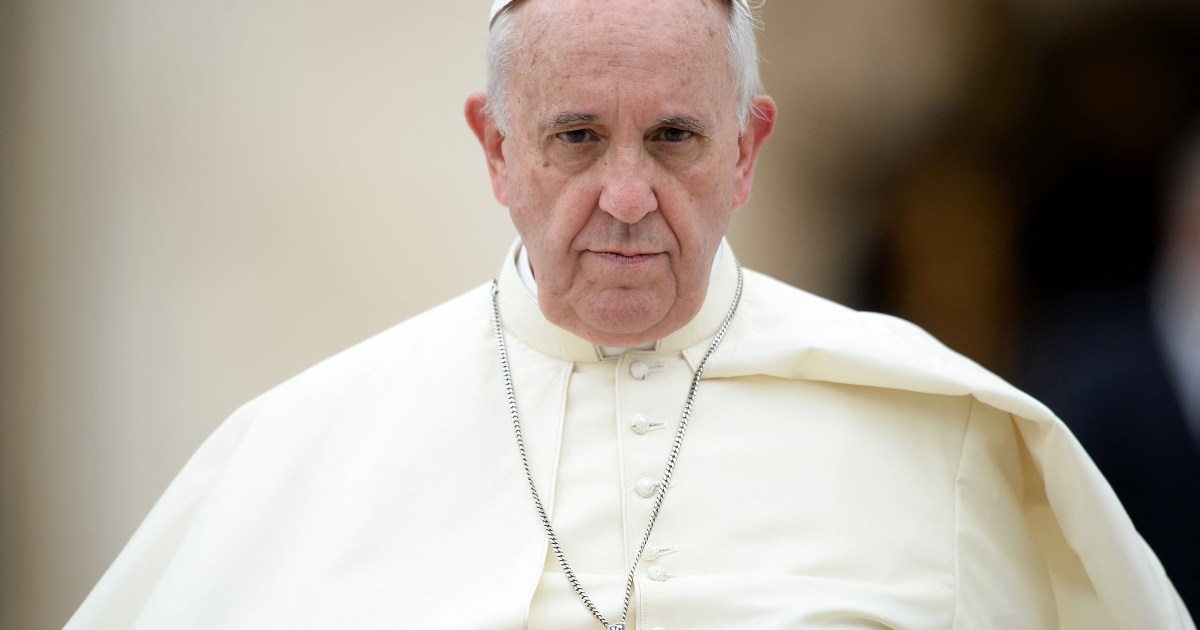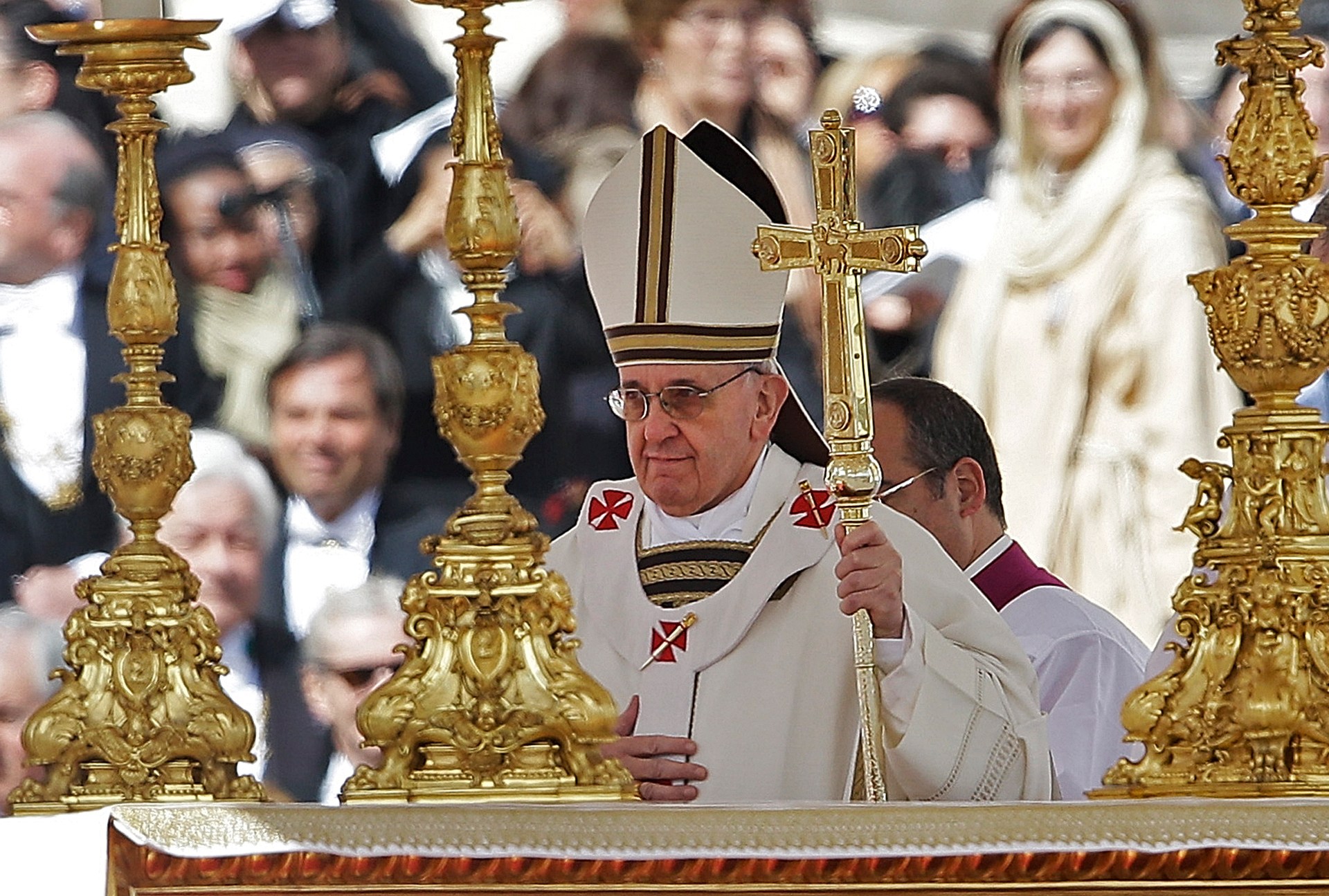
The Power of Tiny Gestures: How Small Acts of Love Can Transform Lives
In a moment of profound reflection, I was captivated by an unexpected revelation: the striking similarities between an Orthodox monk from a distant monastery and a Baptist preacher from another corner of the world. Despite their radically different cultural backgrounds, languages, and religious traditions, these two spiritual leaders shared an extraordinary essence of devotion. What united them was not their external differences, but their unwavering commitment to their spiritual calling. They stood as beacons of faith, steadfast and resolute, even as the tumultuous world around them shifted and transformed. Their shared dedication transcended geographical boundaries and denominational lines, revealing a universal truth about spiritual commitment that resonates deeply with the human experience. Their parallel journeys reminded me that true spiritual devotion knows no borders, speaking a language more profound than words—a language of the heart, of unwavering belief, and of profound inner transformation.

